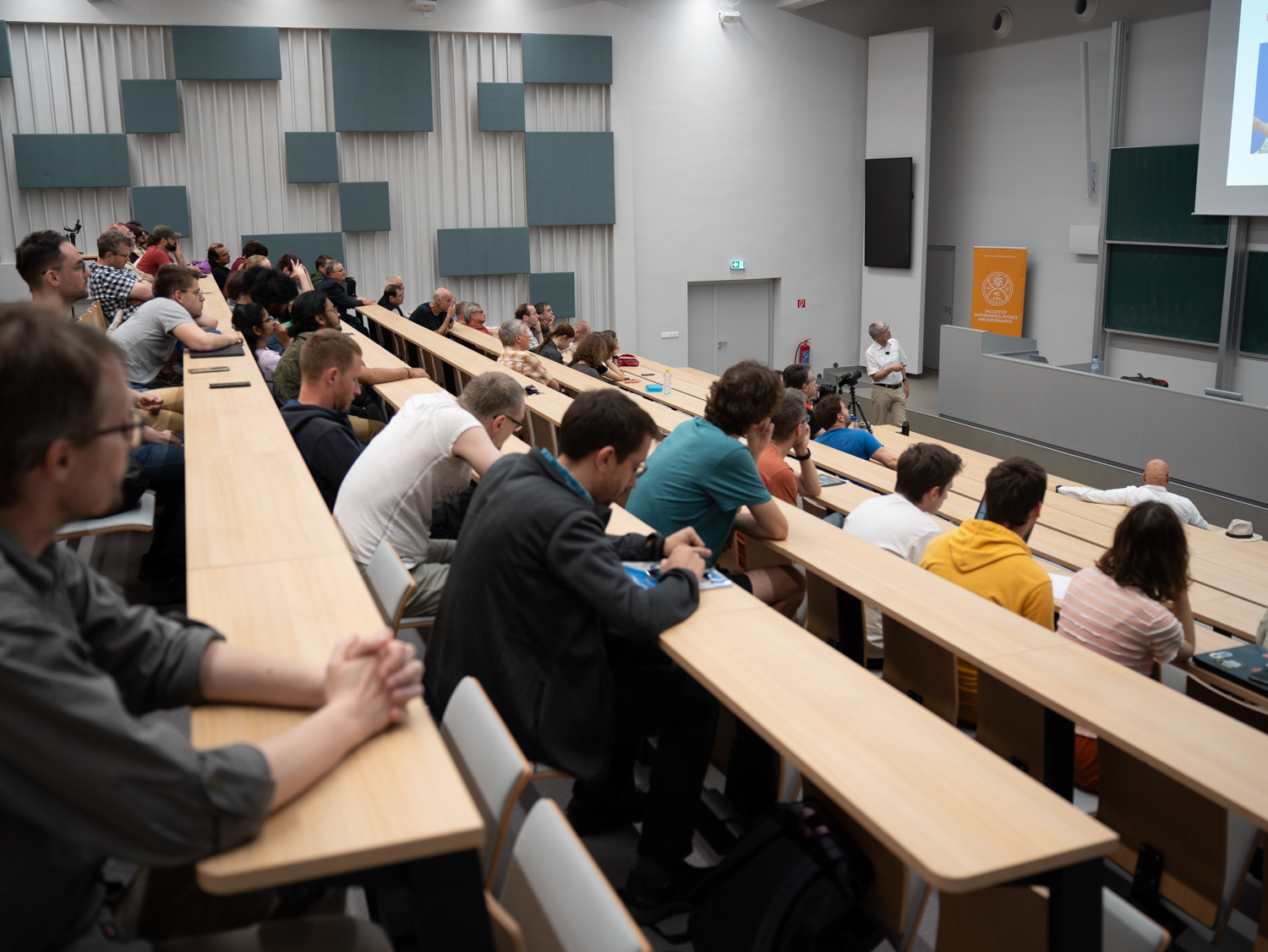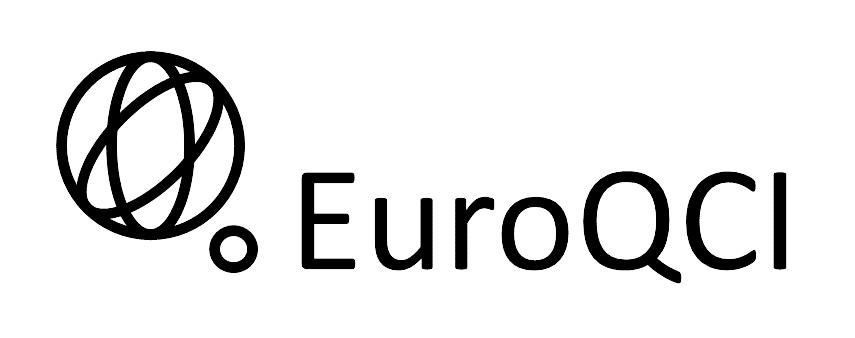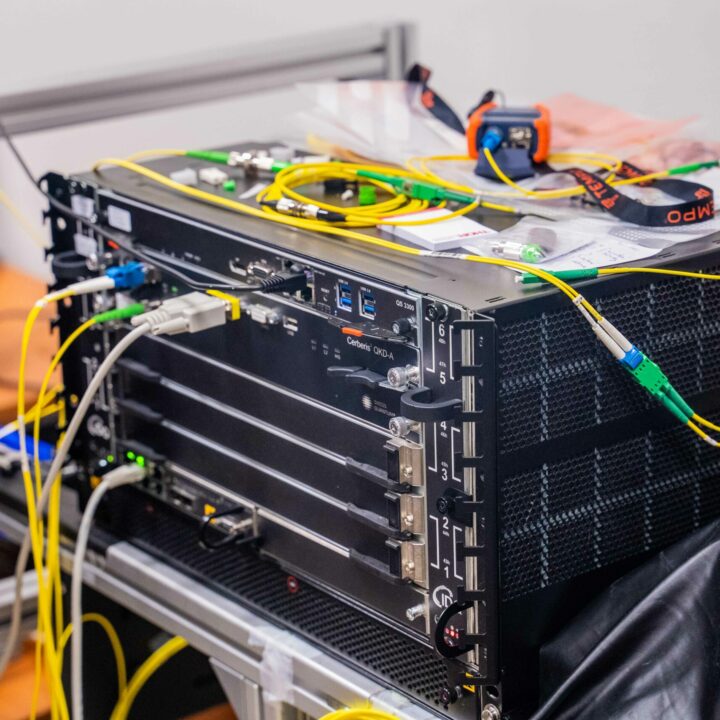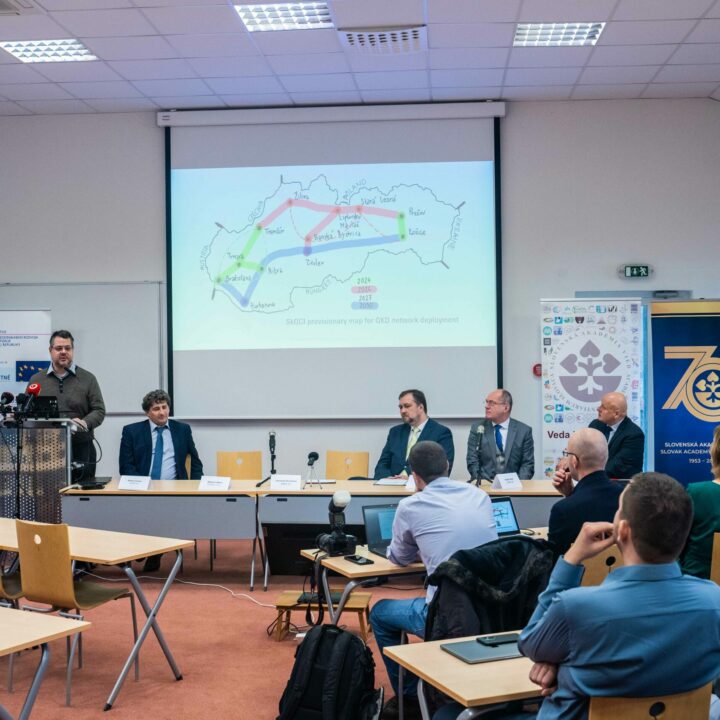Rudolph Clausius and his legacy today
Colloquium by Prof. Dr. Dieter Meschede
It is steam engines that marked the dawn of industrialization, yielding both benefits and headache causing challenges. Beyond their practical applications, steam engines profoundly shaped our understanding of the physical world. Among the key figures in this transformation was Rudolph Clausius, whose groundbreaking work during the mid-19th century significantly influenced our comprehension of energy and entropy.
Despite his pivotal and broad contributions, Clausius remains somewhat underappreciated in today’s scientific community. His theories, however, serve as the bedrock connecting the microscopic and macroscopic realms, enabling us to control physical and chemical processes across various fields. Clausius was not only a physicist but also an early transdisciplinary scientist, bridging disciplines from physics to chemistry, information science, and economics.
In this discussion, we’ll explore Clausius’s central insights, including his concept of the “motive force of heat” (now known as thermodynamics). We’ll delve into his role within the 19th-century scientific community and draw connections to our contemporary world.
During his visit, Prof. Dr. Meschede will also lead a series of lectures on topic:
The Quantum World – From Experimental Insight to Technology

Prof. Dr. Dieter Meschede
Prof. Dr. Dieter Meschede gained his Ph.D. in 1984 in physics from the Ludwig-Maximilians-Universität München, Since 1994, he is Full Professor of Physics at the University of Bonn, Germany and between 2018-2020 he was appointed as President of the German Physical Society (DPG). His research interests include the field of atomic, molecular and quantum physics. The so-called “conveyor belt of light” – it moves and sorts individual atoms with the aid of laser beams and radio frequency precision – is one of the outstanding research results of his research group. With the help of this “conveyor belt”, atoms could be used as an arithmetic unit for a quantum computer. This work has received great recognition with an Advanced ERC Grant (DQSIM).
AboutHumboldt Club SK
In review

QUTE.sk welcomed renowned physicist Prof. Dr. Dieter Meschede to Slovakia
In May 2024, QUTE.sk had the honor of hosting the distinguished Prof. Dr. Dieter Meschede in Slovakia. Prof. Meschede, a leading figure in the field of quantum physics from the University of Bonn, brought his vast knowledge and pioneering research to Bratislava, captivating audiences with his insights and expertise.
The project skQCI is funded by the EU Programme DIGITAL and Programme NextGenerationEU from Recovery and Resilience Plan of the Slovak Republic.








